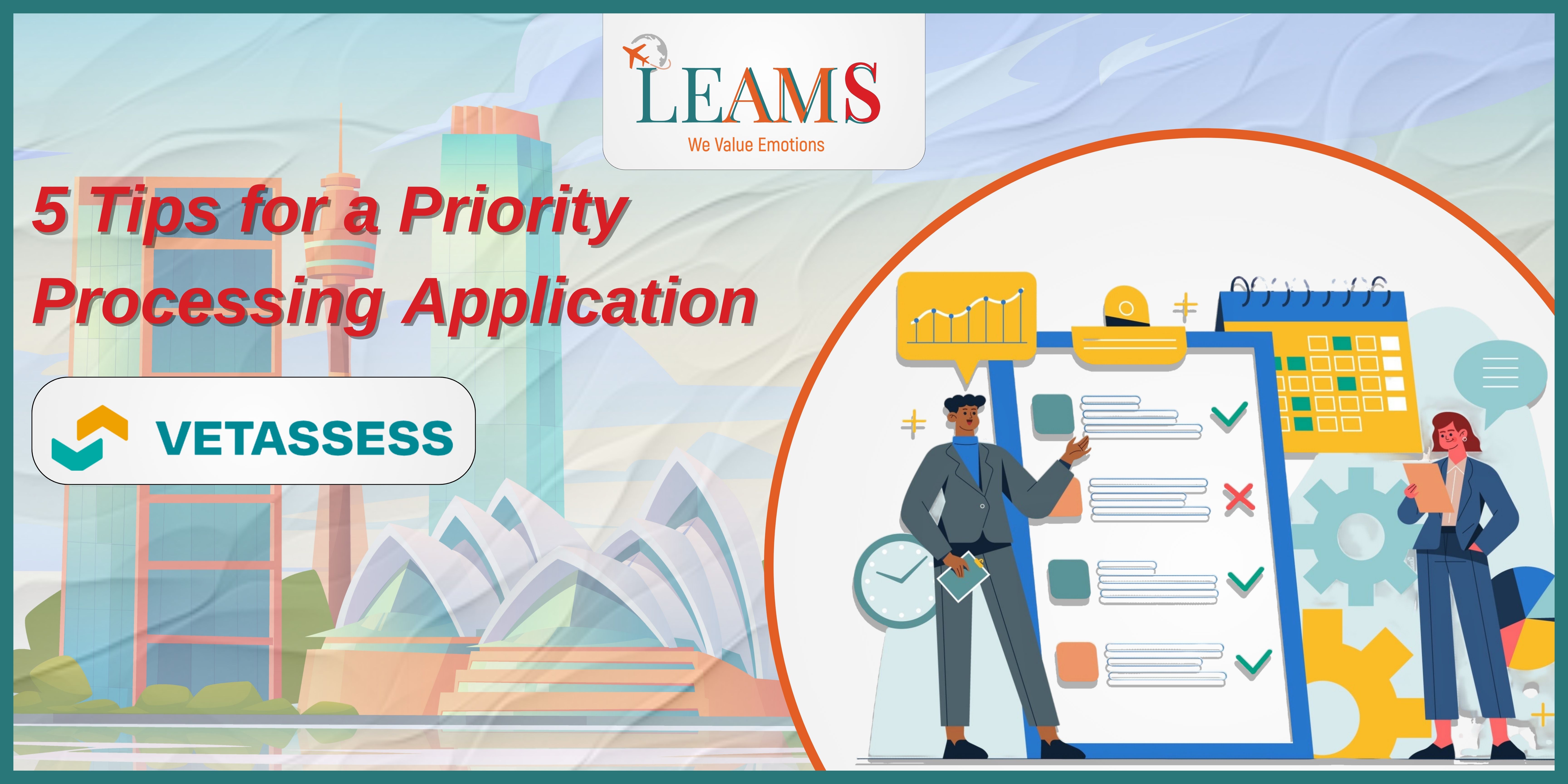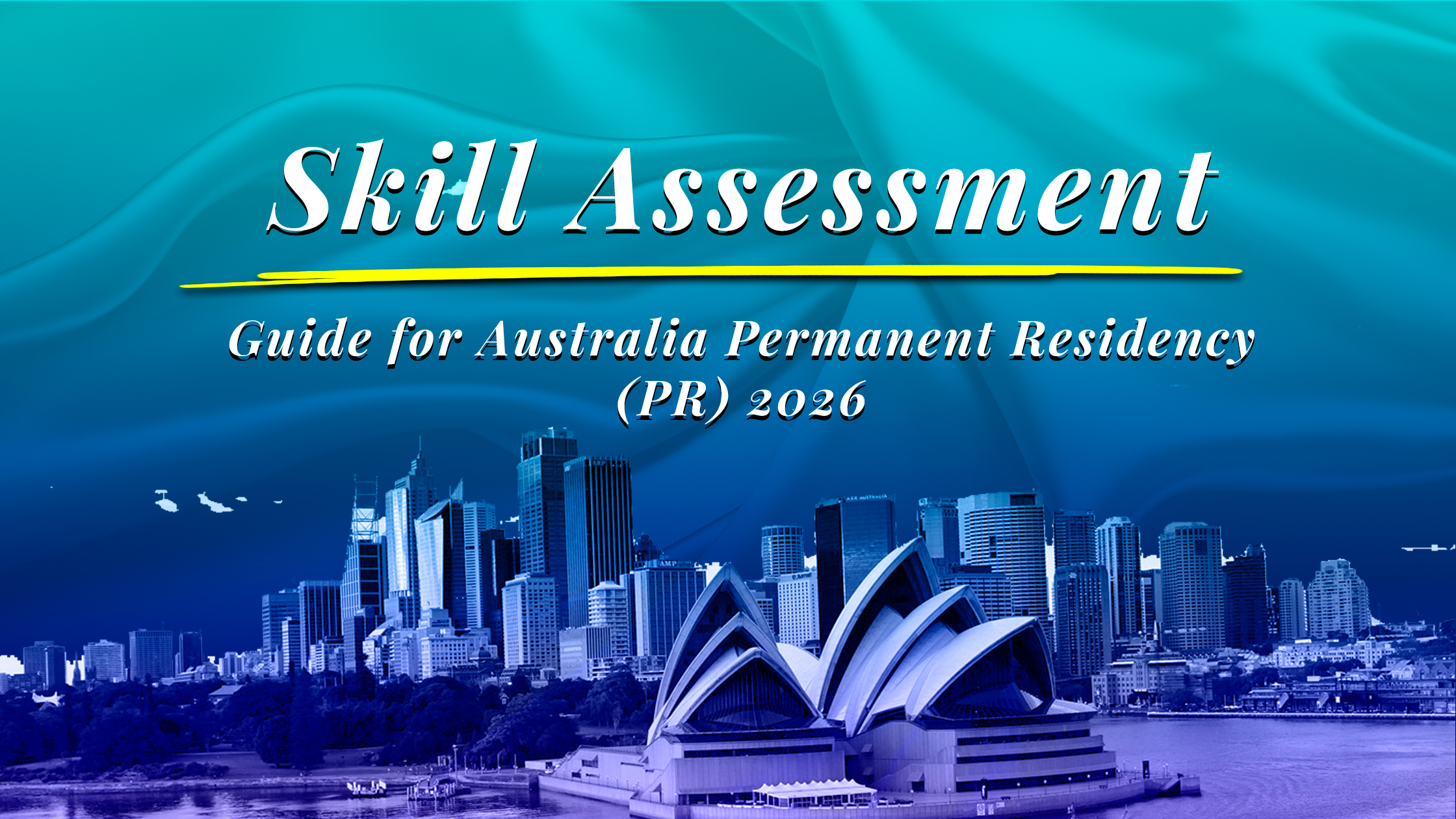VETASSESS Outcome: 5 Expert Tips for a Smooth Priority Processing Application
VETASSESS Priority Processing: Fast-Track Your Skills Assessment in 10 Days
The VETASSESS Priority Processing Service enables migration agents, legal practitioners, and applicants to fast-track the assessment of an application. It’s one way to get your application to the front of the queue for a skills assessment.
It’s important to fully understand the documents an applicant must provide for Priority Processing so we can process their application as quickly as possible. It can be easy to miss an important step, and we do see applicants who fail to provide the depth of information we require, which delays their application.
What is priority processing?
We commit to completing a Priority Processing skills assessment within 10 business days. There is an additional fee for this type of skills assessment.
Are there eligibility criteria for priority processing?
5 tips for Priority Processing
- Ensure your documents contain all the details we require.
- Make sure your translations have been done by an accredited translator. We need to know we can trust the translation.
- Don’t forget that we also need the original documents of your translation, so we can authenticate them.
- Remember to include dates of study leave or a break from employment. We need the exact dates, and we need to know whether study leave was paid or unpaid.
- Once your application is ready, double-check the information against the requirements listed on our website and ensure all declarations have been signed. That final check may pick up a simple error or missing information, and so speed the time for processing your application.
Skills Assessment Support Service
Finally, if you are unsure about any element of your application and time is important, consider using our Skills Assessment Support (SAS) Service.
We provide two services: a 30-minute phone consultation about our Skills Assessment criteria for occupational classifications, or a document checking service that checks whether the documentation you are planning to provide for a skills assessment will be sufficient for your application.
With a Priority Processing application, early attention to detail will pay off with a smooth, quick assessment.






